![]()
By Gypsy Blue Rose

| Author Note: | all senryu are 17 syllables or less |
I come to you at night,
parting blue shadows —
the moon rests on our skin
your desire
ripples up my thighs—
fluttering in hidden places
I love you with ache,
sweetness, and flame—
unlike any other
I longed for you
throughout time ... life after life—
your soul is my beacon
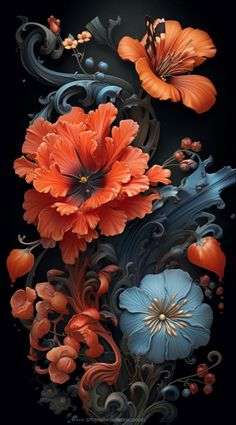
| Author Notes |
SENRYU is a Japanese short unrhymed poem that uses imagistic language to express the essence of a deeply felt moment in time. Unlike Haiku, senryu is about human nature and doesn't need a season word. It resonates on a deeper level, leaving the reader enlightened and making an insightful connection between the top two lines and the last one, called the SATORI. It's written in 17 syllables OR LESS and three lines.
Thank you very much for reading and reviewing my poems. Gypsy "Poetry heals the wounds inflicted by reason." - Novalis pictures from my Pinterest account |
![]()
By Gypsy Blue Rose
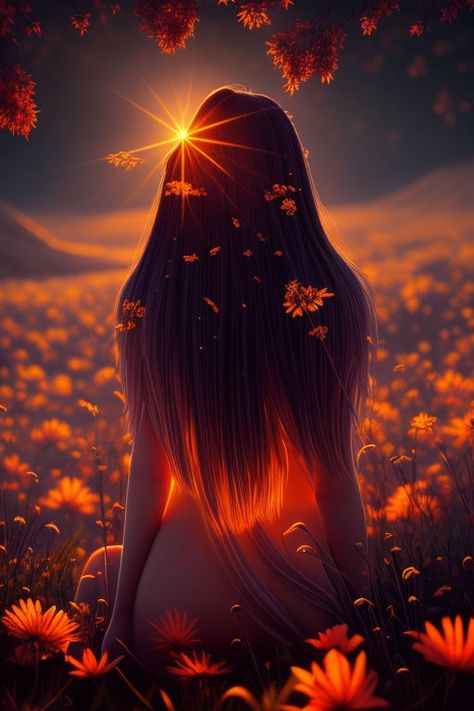
| Author Note: | poem in black font in my author notes |
I learned long ago
it’s true what they say
about “a broken heart”
or “a heartache”
it’s more than just words
it does hurt like hell
as a dagger through the chest
it’s an unbearable pain
I sit with my companion
the lonesome moon
waiting for the sun
to thrust the night away
I know how it feels
when the heart breaks
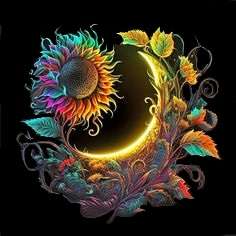
| Author Notes |
Thank you very much for taking the time to read and review my poem. It was inspired by Chilian poet, Pablo Neruda.
THE POEM IN BLACK FONT I learned long ago it's true what they say about 'a broken heart' or a 'heartache' it's more than just words it does hurt like a dagger through the chest it's an unbearable pain I sit with my companion the lonesome daybreak waiting for the sun to thrust the moon away I know how it feels when the heart breaks Gypsy pictures from my Pinterest account |
![]()
By Gypsy Blue Rose


| Author Notes |
free verse no punctuation or capital letters
Inspired by Chilian poet, Pablo Neruda Thank you for reading my poem. Gypsy pictures from my pinterest account |
![]()
By Gypsy Blue Rose

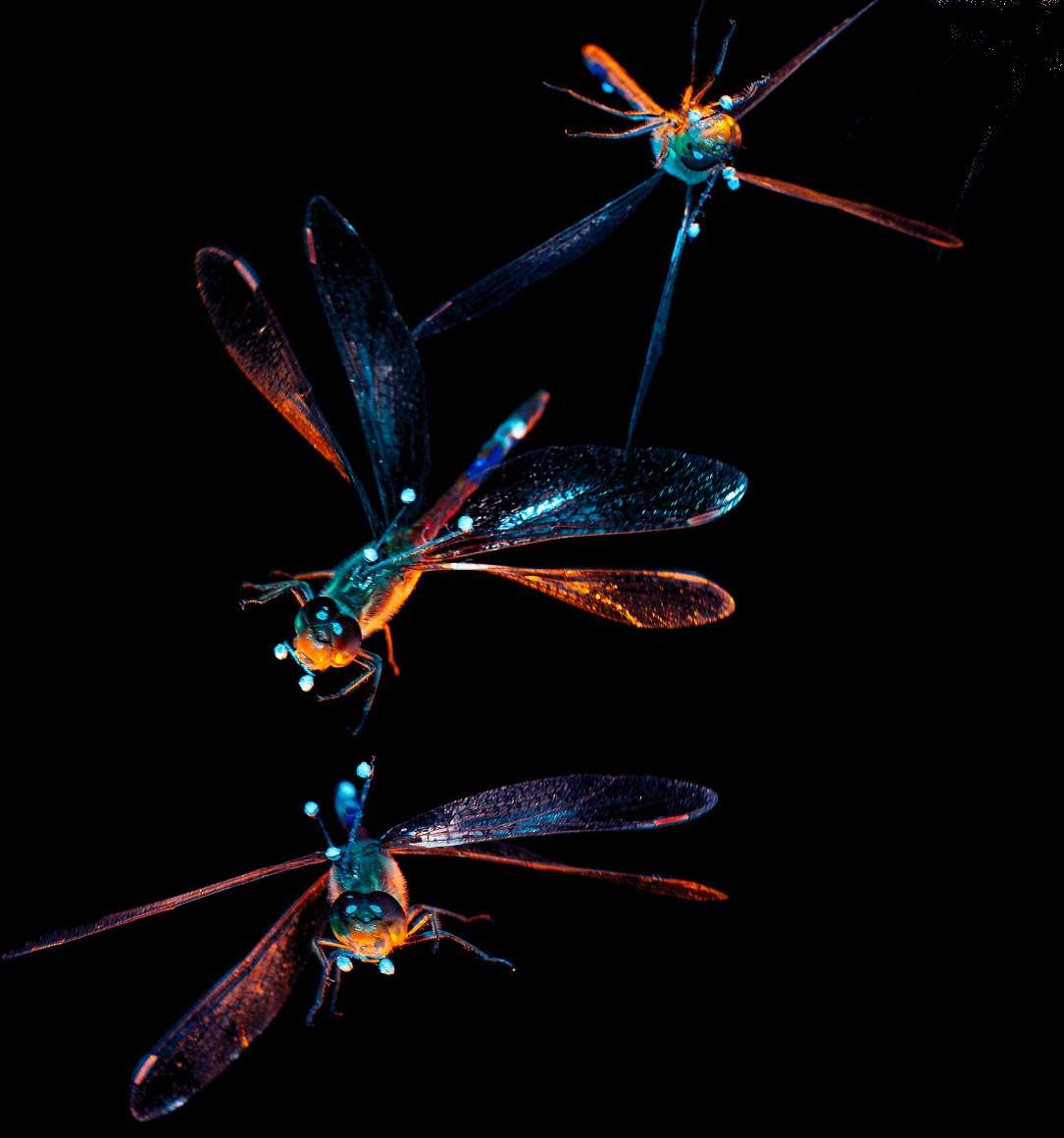
| Author Notes |
susurros = whispers
Gogyohka is a five-line free-style Japanese poetic form with no strict rules on syllable count but as brief as possible. Any theme. Lines are grammatically connected. Alliteration, personification, and metaphor are okay but never rhyme. Japanese poets have written gogyohka since the 1910s. However, they did not name the form until 1983 by poet Enta Kusakabe. === source = writers digest ===source=wikipedia Thank you for taking the time to read and review my poem. Gypsy "Poetry heals the wounds inflicted by reason." - Novalis pictures from pinterest |
![]()
By Gypsy Blue Rose

| Author Note: | Painting By Edward Eggleston |
reaching for the moon
I lost sight
of stars in your eyes
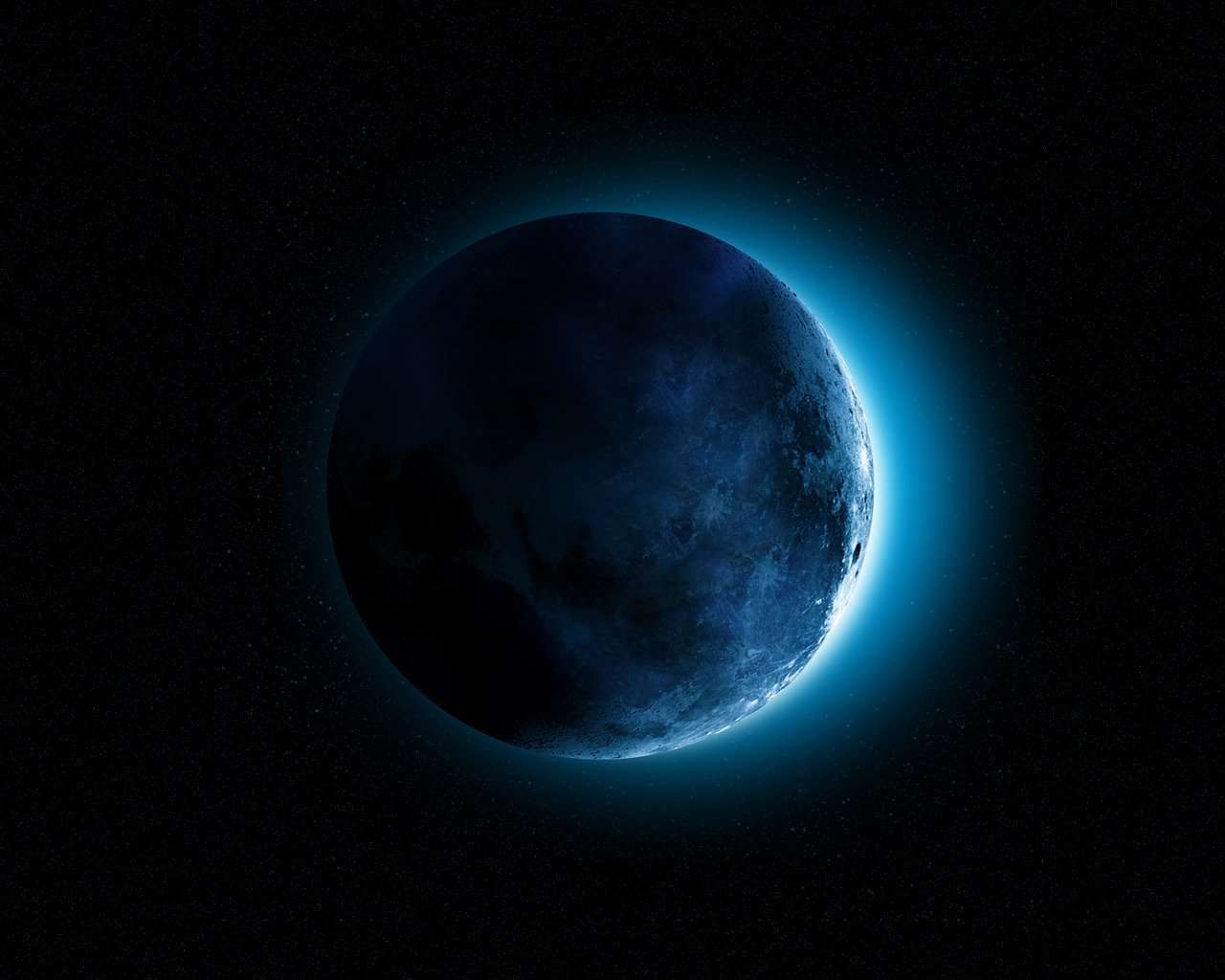
| Author Notes |
Lune means Moon in Latin
a Lune is a simple and fun form of poetry to write. It has 5/3/5 syllables. Rhymes are fine but not required. The subject matter is open. Robert Kelly invented this poetic form. Painting By Edward Eggleston Thank you for reading and reviewing my poem. Gypsy |
![]()
By Gypsy Blue Rose





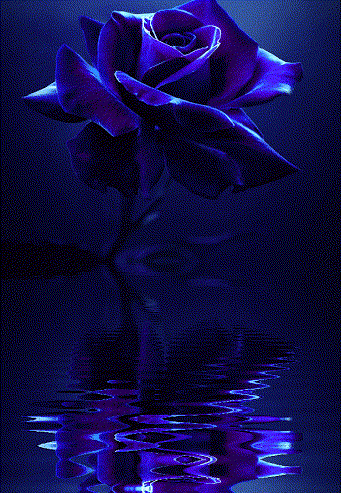
| Author Notes |
Yamato uta is a Japanese poetry form written in FREE VERSE which means no rules or rhyme and it can be as long as you like. Poets created THE YAMATO UTA POEM during the Heian Period 700 century. Yamato-uta are composed of many words born from people's hearts, as leaves grow from seeds. People use these words to express their thoughts about what they see or hear. click here if you want to read more
Thank you very much for reading my poem, Gypsy |
![]()
By Gypsy Blue Rose
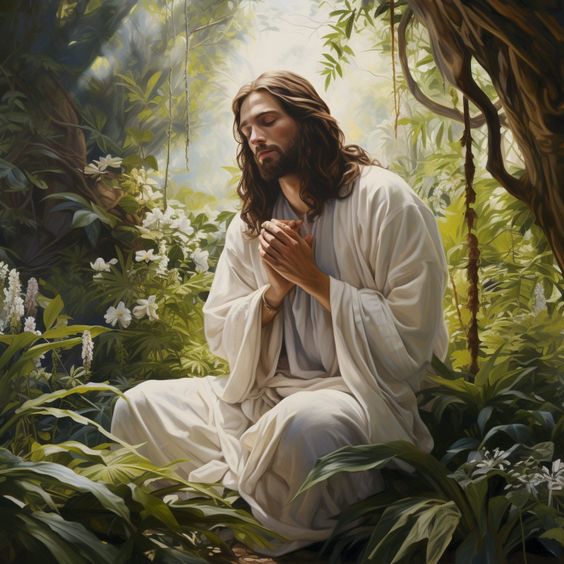
| Author Note: | Happy Easter Sunday! |
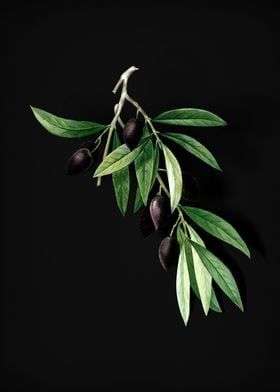
| Author Notes |
Happy Easter Sunday!!!
Easter or Resurrection Sunday, is a holiday celebrating the resurrection of Jesus from the dead, it occurred on the third day of his burial after his crucifixion by the Romans at Calvary c. 30 AD If you want to join the Japanese Poetry Club, click on the link below and look for the Japanese Poetry Club from the list of clubs. Everyone is welcome. You don't need to be an expert, it's a good place to learn how to write Japanese Poetry. Mount Everest, is a mountain in Asia, on the boundary between Nepal and Tibet, in the Himalayas: the highest mountain in the world. 29,028 feet (8,848 meters). Yamato uta is an unrhymed FREE VERSE of Japanese poetry. FORM: Free verse means there are no rules, the poem is not rhymed and it can be as long as you like. Poets created THE YAMATO UTA POEM during the Heian Period 700 century. As with all Japanese poetry, keeping it as brief as possible with word imagery, is easy to visualize. Most are about nature but you can use any subject you like. Thank you very much for reading my poem, Gypsy pictures from my Pinterest account -- The top picture is Jesus Christ; the bottom picture is an olive tree branch. Olive Trees signify fruitfulness and ability to thrive ( Psalm 52), and children are described as vigorous young olive trees ( Psalm 128:3 ). |
![]()
By Gypsy Blue Rose

| Author Note: | If You Would Like To Join the Japanese Poetry Club, please check my author notes |

| Author Notes |
free verse in lower case without punctuation
Yamato uta is a Japanese poetry form written in FREE VERSE which means no rules or rhyme and can be as long as you like. Poets created THE YAMATO UTA POEM during the Heian Period 700 century. "Yamato-uta is composed of many words born from people" hearts, as leaves grow from seeds. People use these words to express their thoughts about what they see or hear. click here if you want to read more thank you very much for reading my poem, gypsy pictures from my Pinterest account |
![]()
By Gypsy Blue Rose


raging
passion
is weaved with the storm’s
lightning and thunder ashore—
we’re tangled in love

| Author Notes |
Five Line Poem for the Contest. Write a five-lined poem. It has the following syllable count: 2-2-5-7-5.
Thank you very much for your time and kind review. Gypsy "The poet waits quietly to paint the unsaid. pictures from my Pinterest account |
![]()
By Gypsy Blue Rose

| Author Note: | poem in black font in my author notes |

red leaves wave goodbye
to my trees' bare boughs—
they remind me of you
and I wish you could see
my scarlet longing

raging autumn wind
carries crimson leaves to my door—
relentlessly
I yearn to embrace your love
and never let it go
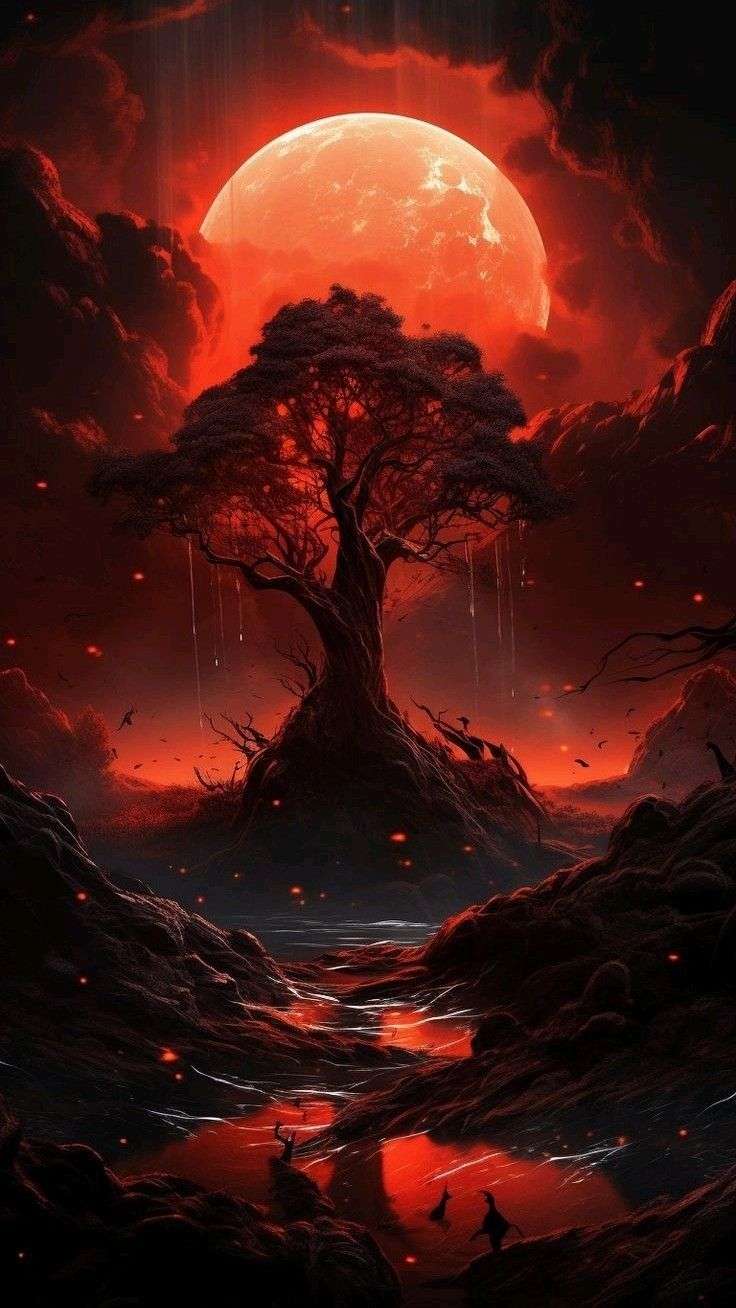
| Author Notes |
In Japan's Imperial Court, where lovers exchanged Love Tanka poems after a night together. Originated in the 7th century.
The response tanka used elements or images from the first tanka poem. The first one is the lady's tanka, the second one is the man's response TANKA has its seeds in the human heart and mind. IT grows into the myriad leaves of words and phrases expressing what the poet thinks and feels in her or his heart. Tanka are beautifully lyrical and they are often about love, loss, longing, and similar aspects of our emotional lives, The poems are deeply passionate. Women poets were committed to a life of both religious consciousness and erotic intensity. Pivot lines are a feature of Japanese tanka and are often a feature of English tanka. A pivot line, is usually written on line 3 click here if you want to read modern tanka examples * click here to join the Tanka Society of America * click here if you want to read modern tanka rules Thank you very much for your time and kind review. Gypsy "The poet waits quietly to paint the unsaid. pictures from my Pinterest account POEM IN BLACK FONT red leaves wave goodbye to bare boughs of my oak tree they remind me of you I wish you could see my scarlet shade of longing raging autumn wind carries your leaves to my door relentlessly I yearn to embrace your love and never leave your side |
![]()
By Gypsy Blue Rose
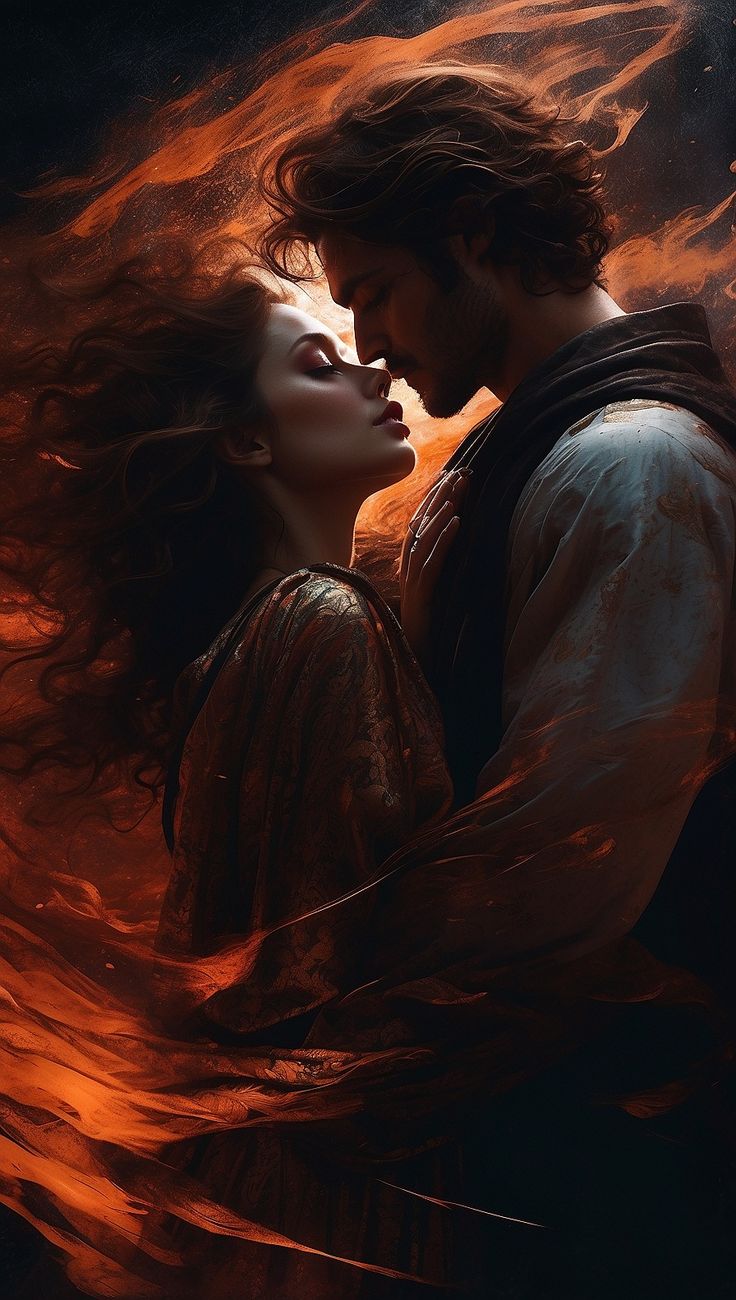
Cillian called me from the garden and his voice pulled my heartstrings. His loving words engulfed me and I floated in surrender through his rapid waters of passion. I couldn't fight the current nor did I want to. He laughed and the music of his contagious laughter made my heart sing.
He didn't see me as I watched him from afar. As if feeling my intense stare he looked around, his gaze falling on me like a veil. It caressed my skin with a down feather.
Whenever he was around; my breath shortened, heat rose in my head and neck, and ripples surged through my thighs. I needed his touch. I was clay in his rough hands and my smooth body waited to be molded.
I looked skyward and the sun stealthily sneaked through my fingers. I stepped back into the trees parting blue shadows. I lay on plush grass and pulled him over me. Between our legs were the beginning and the end, the alpha and the omega, the door to infinity. Our love was the creation of the universe and the creation of a grain of sand.
I looked deeply into his eyes. They were the most remarkable thing, black as a starless night where a fire burns. We kissed and our souls mingled. His mouth was summer’s ripe fruit, my hunger for him was unquenchable.
He took me into the temple of his familiar that contained his interleaved stories and I took him into mine. We knew each other in a way nobody else could. Having shared our stories, we shared our bodies with tantric love. I lost myself in his embrace. All I wanted was to please him as much as he pleased me. My thoughts floated in the river of life and were all about him. I loved him but it wasn't just love flowing through me, it was a sea of longing. I loved others but not the way I love Cillian, not with ache, sweetness, and flame. He had placed his hand on my latch and I was flung wide-opened.
When you love you remember everything, the way his eyes rested on me for the first time, and the sound of his voice on my skin. The thought of him made me excited, it felt like a diving bird in my belly. I will love him my whole life and I will search for him in the next one.
| Author Notes |
- The passage of creation is not the creation of God, it's just a metaphor of being deeply in love.
- Diving birds that plunge into the water to catch fish or other prey. - Tantric lovemaking takes time. It's done without ego, with each partner learning to accept and receive. The methods learned and used in Tantric sex provide sensations and sexual pleasure that are far more intense and complex than just a simple orgasm -the Temple of My Familier is a novel by Alice Walker. |
![]()
By Gypsy Blue Rose

l i t t l e e l e p h a n t
contemplating the crescent moon—
w i t h h e a v y t h o u g h t s

| Author Notes |
Contemporary Haiku is a Japanese short unrhymed poem that uses imagistic language to express the essence of a deeply felt moment in time. It resonates on a deeper level, leaving the reader enlightened and making an insightful connection.The most common literary adaptation in English of haiku looks something like this: one to four lines, no strict syllable count but brief. These poems too utilize a caesura (dash before satori). Images need not be taken from nature, though they may be and often are. Seasonality is optional, though often featured. Here√???√??√?¬¢??s an example: in the woodpile the broken ax handle source
Thank you for reading and reviewing my poem Gypsy pictures from my Pinterest account |
![]()
By Gypsy Blue Rose

The sun shines outside but my home is dark and gloomy and my bedroom is a torture chamber. Every night I dread going to bed. I know sleep will not come easy.
snakes of light
slither through my window blinds —
darkness wins the fight
I stare at the ceiling that feels like the top of my coffin. Until a raging storm grows in my chest and I get up before my heart explodes. I pace my bedroom floor back and forth like a tiger in a cage. It feels like I can't breathe and I am going to pass out. I panic and there is no one with me, only God, my quiet and loving companion.
fierce beast
devours flesh and bones —
spits out a tender heart
The morning comes and I dread getting out of bed to start another worthless day. Nothing sounds like fun. I look through a sliver of opened window blinds and I feel disconnected, life marches on.
sunrise came and went
without me —
daybreak misses me
Family and friends tell me to get over it, it's all in my head, just be positive. But their words are vacuous and float past my head. Nothing seems worth doing and darkness fills my days.
in a sea of despair,
an empty boat
is full of broken dreams
I beg my doctor to change my medication but she refuses to adjust them. I look at a fist full of pills, seducing me to end the pain.
I grasp God’s hand and we face another day.
| Author Notes |
*** 988 *** Suicide Prevention and Crisis Line
I am bipolar with long depression episodes and short manic episodes. I also have severe panic attacks. When I was younger I refused to take medication so life was a rollercoaster, as I have gotten older I decided to reach out for help. Life is good. With medication, bipolar people can live normal lives. I don't seek pity, I share my experiences with this illness in case there is someone out there who needs help. It gets better. vacuous = empty; without contents HAIBUN is a Japanese poetic form that combines prose and haiku. TENSE: present or past SUBJECT MATTER: autobiographical, travel journal, slice of life, memory, dream short sketch of a person, place, and event. TOPICS: life as a journey, love affairs, illness, human concerns & experiences POINT OF VIEW: first person (everything seen through the author's eyes), third person (he/she) TONE sets a mood, often interrupted by the haiku SENSORY: uses imagery, sensory, concrete details, no abstractions FOCUS on one or two elements LANGUAGE uses language to suit the subject matter and mood (colloquial, formal, dialect) LENGTH: varies from very brief (1-2 sentences) with one haiku, to long prose entries with interspersed haiku, to memoir-length works Styles Haiku/prose Prose/haiku Haiku/prose/haiku, Prose/haiku/prose/haiku/prose/haiku etc. PROSE tells the story, gives information, defines the theme, creates a mood through tone, provides a background to spotlight the haiku HAIKU: moves the story forward, takes the narrative in another direction, adds insight or another dimension to the prose, resolves the conflict in an unpredictable way, or questions the resolution of the prose. Prose is the narrative and haiku is the revelation or the reaction. Guidelines for Writing Haibun in English by Margaret Chula click here to read guidelines for writing haibun for Haibun Today examples and more information click here for wikipedia definition click here for Graceguts- more information click here click here for a pdf file of guidelines Thank you very much for reading and reviewing my poem, Gypsy pictures from my Pinterest account |
![]()
By Gypsy Blue Rose


| Author Notes |
Forget-me-nots are flowers, see bottom picture.
TANKA has its seeds in the human heart and mind. It grows into the myriad leaves of words and phrases expressing what the poet thinks and feels in her or his heart. Tanka are beautifully lyrical and they are often about love, loss, longing, and similar aspects of our emotional lives, The poems are deeply passionate. Women poets were committed to a life of both religious consciousness and erotic intensity. Pivot lines are a feature in Japanese tanka and are often a feature of English tanka. A pivot line, is usually written on line 3 click here if you want to read modern tanka examples * click here to join the Tanka Society of America * click here if you want to read modern tanka rules Thank you very much for your time and kind review. Gypsy "The poet waits quietly to paint the unsaid. pictures from my Pinterest account |
![]()
By Gypsy Blue Rose
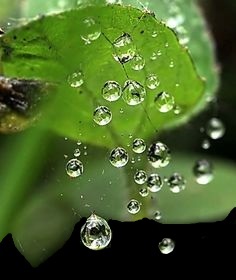

| Author Notes |
Contemporary Haiku is a Japanese short unrhymed poem that uses imagistic language to express the essence of a deeply felt moment in time. It resonates on a deeper level, leaving the reader enlightened and making an insightful connection.The most common literary adaptation in English of haiku looks something like this: one to four lines, no strict syllable count but brief. These poems too utilize a caesura (dash before satori). Images need not be taken from nature, though they may be and often are. Seasonality is optional, though often featured. Here√¢??s an example: in the woodpile the broken ax handle source
Thank you for reading and reviewing my poem Gypsy pictures from my Pinterest account |
![]()
By Gypsy Blue Rose


while
a blaze of yellow dips behind the hill
and grains of darkness float in the air
dusk rises faithfully
across fields of burnt amber

in the darkness of my room
He gathers me tenderly
in His warm embrace
with unspoken revere
I feel loved
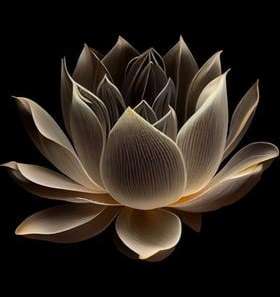
| Author Notes |
Gogyohka is a five-line free-style Japanese poetic form with no strict rules on syllable count but as brief as possible. Any theme. Lines are grammatically connected. Alliteration, personification, and metaphor are okay but never rhyme. Japanese poets have written gogyohka since the 1910s. However, they did not name the form until 1983 by poet Enta Kusakabe. === source = writers digest ===source=wikipedia
Thank you for taking the time to read and review my poem. Gypsy pictures from my Pinterest account |
![]()
By Gypsy Blue Rose

I can write
the saddest poem tonight,
such as the luminous stars
tremble from afar
and the winter wind weaves
songs of woe throughout the land

I can write
the saddest poem tonight,
I loved him
and sometimes he loved me back
during nights like tonight
he embraced me tight

I can write
the saddest song tonight,
how could I not love
his beautiful cerulean eyes
intensely fixed
on my soul and mind

I can write
the saddest poem tonight,
such as I don’t have you
by my side
knowing all we lost
and that we'll always be apart

I can write the saddest song tonight

| Author Notes |
- low cap with no punctuation
- Inspired by Chilian poet, Pablo Neruda - cerulean is a shade of blue Thank you for reading and reviewing my poem. Gypsy pictures from my Pinterest account |
![]()
By Gypsy Blue Rose

embraced by warm winds
I watch daybreak in your eyes –
tangled up in love

| Author Notes |
Thank you for reading and reviewing my poem.
Gypsy pictures from my Pinterest account |
![]()
By Gypsy Blue Rose

I want you to know
that I love you
unconditionally

the way the moon loves the night
and the sun loves a warm day

the way crimson and amber leaves
love to dance with a crisp autumn breeze

nature takes me to your door
on the wings of the Morning Star

I follow your cabin's cedar scent
and the earthy smell from your fire pit

I will do anything for you
all you have to do is ask

I want you to know
that I love you
unconditionally

| Author Notes |
RYOKAN POEM
Taigu Ryokan was born in northern Japan in 1785. He was a successful haiku poet. When he was eighteen years old Ryokan met the Zen Master Kokusen and became a Buddhist monk. He wrote about nature and the way people relate to each other using the five senses: touch, hearing, sight, smell, and taste. The rules are free verse, any amount of syllables and lines. Doesn't rhyme. You may use any poetic device. thank you very much for taking the time to review my poem gypsy pictures from my Pinterest account |
![]()
By Gypsy Blue Rose




all that’s left of dad —
shadow hand puppets
on the wall

| Author Notes |
Shadow Hand Puppets is a children's game. You use your hands to make shapes of animals, birds, etc ... on the wall
SENRYU is a Japanese short unrhymed poem that uses imagistic language to express the essence of a deeply felt moment in time. Unlike Haiku, senryu is about human nature and doesn't need a season word. It resonates on a deeper level, leaving the reader enlightened and making an insightful connection between the top two lines and the last one, called the SATORI. It's written in 17 syllables OR LESS and three lines. For Senryu you don't need a season word (Kigo) Thank you very much for reading and reviewing my poems. Gypsy pictures from my pinterest account, I use two programs for my presentations- ImageShack and Windows' Paint |
![]()
By Gypsy Blue Rose

| Author Note: | for my mother |



| Author Notes |
SENRYU is a Japanese short unrhymed poem that uses imagistic language to express the essence of a deeply felt moment in time. Unlike Haiku, senryu is about human nature and doesn't need a season word. It resonates on a deeper level, leaving the reader enlightened and making an insightful connection between the top two lines and the last one, called the SATORI. It's written in 17 syllables OR LESS and three lines.
Thank you very much for reading and reviewing my poems. Gypsy "Poetry heals the wounds inflicted by reason." - Novalis pictures from my Pinterest account, artist Auntie Kate |
![]()
By Gypsy Blue Rose





I’m in love
with the moon’s silhouette
and sweet scent apple orchards
with their branches reaching
for the stars
≈♦≈
I'm in love
with svelte blades of wheat
dancing in the summer’s breeze
‘neath the golden sun
≈♦≈
I'm in love
with the dark blue sky
and Spanish gypsy nights
braided with stellar hair
≈♦≈
I'm in love
with Sunshine
illuminating the church
through brilliant Tiffany glass
touching the golden altar
infused with frankincense
≈♦≈
I'm in love
with Jesus' sacred and kind heart
I know he loves me back
I’m a precious child of God
≈♦≈
he's in love
with …
the moon and sun,
orchards and wheat,
breeze and wind,
stars and sky,
gypsy days and nights,
and me

| Author Notes |
Free Verse with lower case
Thank you very much for reading and reviewing my poem. Gypsy |
![]()
By Gypsy Blue Rose
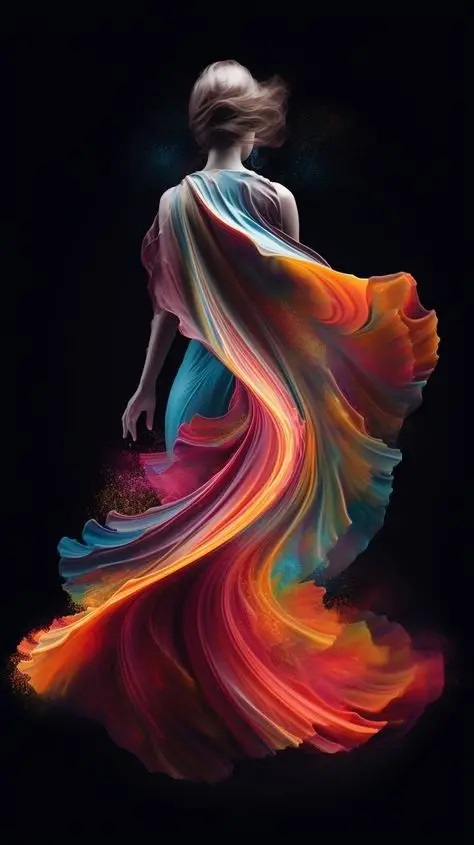
| Author Note: | If You Would Like To Join the Haiku Club, please check my author notes |
chasing away the sun,
impending night has arrived—
uninvited

| Author Notes |
Night and Day follow the laws of nature, there is no need to invite each other.
"Day is over, night has come. Today is gone, what's done is done. Embrace your dreams through the night. Tomorrow comes with a whole new light." - George Orwell HAIKU is a Japanese short unrhymed poem that uses imagistic language to express the essence of a deeply felt moment in time. It resonates on a deeper level, enlightening the reader and making an insightful connection. English Haiku doesn't follow the 5/7/5 form, because Japanese syllables are much shorter. The rule of thumb is to write it as succinctly as possible and 17 syllables or less. click here to read haiku examples *** click here to read haiku rules *** click here to read why is 5/7/5 OR LESS rule *** click here for season words Thank you for reading and reviewing my poem. Gypsy pictures from my Pinterest account, I use two programs for my presentations- ImageShack and Windows' Paint. All parts of my presentations are copyrighted. |
![]()
By Gypsy Blue Rose
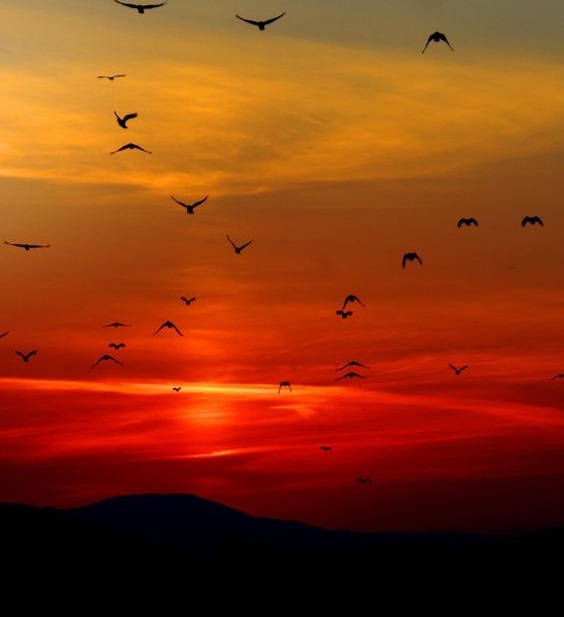
| Author Note: | rules in author notes |
flaming sunset
rages against its fall—
taking the last breath

| Author Notes |
Contemporary Haiku is a Japanese short unrhymed poem that uses imagistic language to express the essence of a deeply felt moment in time. It resonates on a deeper level, leaving the reader enlightened and making an insightful connection. The most common literary adaptation in English of haiku looks something like this: one to four lines, no strict syllable count but brief. These poems too utilize a dash before the satori. Images need not be taken from nature, though they may be and often are. Seasonality is optional, though often featured. Is okay to use poetic devices.
EXAMPLE: in the woodpile the broken ax handle source Thank you for reading and reviewing my poem. Gypsy pictures from my Pinterest account, I use two programs for my presentations- ImageShack and Windows' Paint. All parts of my presentations are copyrighted. |
![]()
By Gypsy Blue Rose

Beneath my feet, a plush carpet of green grass. I sit on a rock that fits me like a glove while the sound of the creek and bird songs lull me into a deep sense of serenity that envelops me with a caressing breeze. I’m home, one with the universe.
| Author Notes |
Meditation (exactly 50 words)
50 Words Dribble Flash Fiction Rules: Write a story on any topic using 48 to 52 words, no more or no less. Thank you very much for reading and reviewing my contest entry. Gypsy |
![]()
By Gypsy Blue Rose


nude
as the day you were born
the moon veiled
your radiant soul

nude
like a graceful gazelle
roaming the landscape
lithe as a reed blade

nude
as barley is nude in the sun
ready to bear a golden crop
bursting with seeds of love

nude
like the night is blue
overflowing with wishing stars
shining in your eyes

| Author Notes |
free verse with lower caps and no punctuation
Thank you for reading and reviewing my poem, gypsy pictures from my Pinterest account, I use two programs to embellish and crop pictures: ImageShack and Windows Paint. Please do not copy them, I have copyright and they are registered for fanstory. |
![]()
By Gypsy Blue Rose
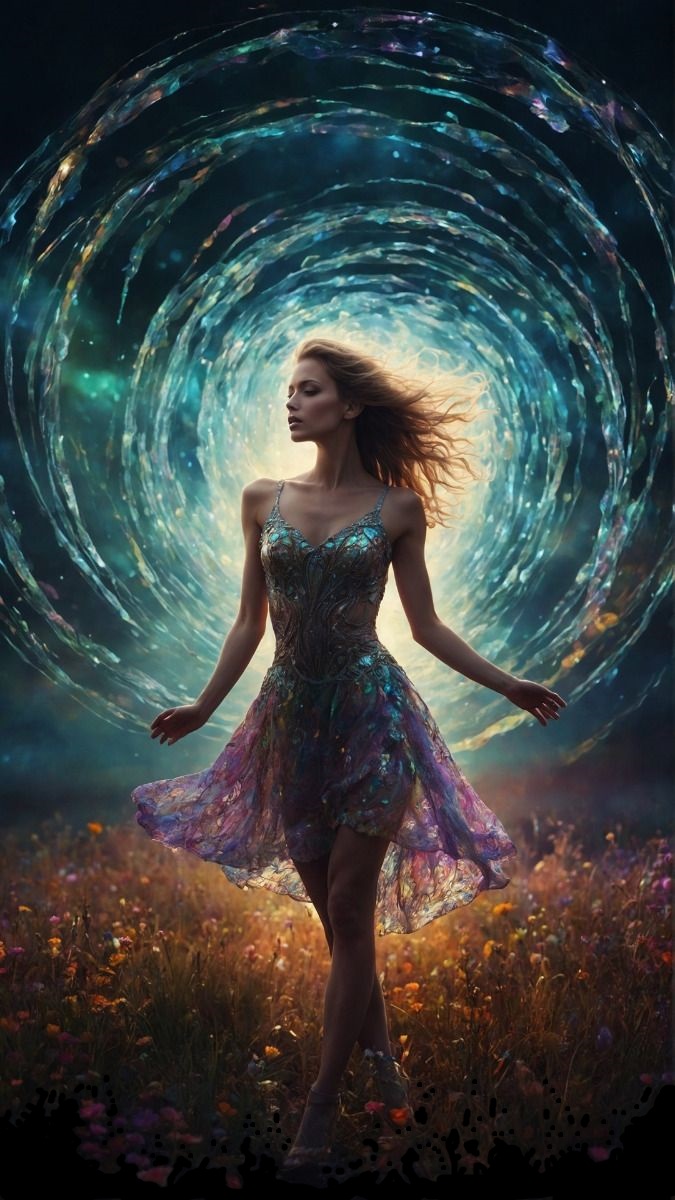
do you notice
when the northerly wind kisses your cheeks
or when the riptide tickles your feet

you come to wake me up
when the crescent moon tilts on her back
waiting for you to ride

I will sail to you
where Tasman and Pacific Oceans kiss
the North Star will guide me there

I will wear a stellar gown
of blue sapphire gems
and Ruby Sleepers

I will swim in the vast deep seas
and fly across the sky
where my wandering soul soars

| Author Notes |
Free Verse, no punctuation, lower cap
The ruby slippers are a pair of shoes worn by Dorothy Gale in the musical film "The Wizard of Oz". Glinda, the Good Witch of the North told Dorothy to click her hills three times to go home. Ruby Slippers, Wizard of Oz Thank you very much, for reading and reviewing my poem. Gypsy |
![]()
By Gypsy Blue Rose

You were ahead of your time
loving the unlovable
being an extraordinary man
who didn't stand
for hypocrisy, prejudice, or hate

fighting the noble fights
against
stoning women to death
ignoring children's hunger
or taxing the poor in God’s name

Your laughter echoes
like a dulcet creek's song
and Your twilight eyes are filled
with a thousand splendid suns
and a milliard of silver moons

~ no one can find a purest kind of love ~
| Author Notes |
-Milliard = 1,000,000,000
-Dulcet = pleasing to the ear; generally pleasing or agreeable Gogyohka is a five-line free-style Japanese poetic form with no strict rules on syllable count but as brief as possible. Any theme. Lines are grammatically connected. Alliteration, personification, and metaphor are okay but never rhyme. Japanese poets have written gogyohka since the 1910s. However, they did not name the form until 1983 by poet Enta Kusakabe. source = writers digest source=wikipedia Thank you for reading and reviewing my poem. Gypsy pictures from my Pinterest account, I use two programs for my presentations- ImageShack and Windows' Paint. All parts of my presentations are copyrighted. |
![]()
By Gypsy Blue Rose
 Warning: The author has noted that this contains the highest level of sexual content.
Warning: The author has noted that this contains the highest level of sexual content.







| Author Notes |
Thank you very much for taking the time to read and review my poem.
Gypsy Pictures from my Pinterest account. All my presentations and poems are copyrighted and registered. |
![]()
By Gypsy Blue Rose
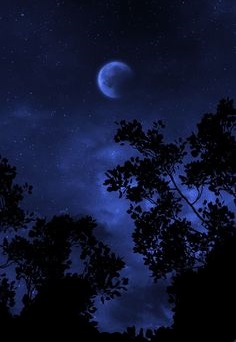
I can crave his love
all I want on this long night
but the new moon is dark
the stars left with a piece of sky
and all the red wine is gone

| Author Notes |
a new moon is dark
Gogyohka is a five-line free-style Japanese poetic form with no strict rules on syllable count but as brief as possible. Any theme. Lines are grammatically connected. Alliteration, personification, and metaphor are okay but never rhyme. Japanese poets have written gogyohka since the 1910s. However, they did not name the form until 1983 by poet Enta Kusakabe. source = writers digest source=wikipedia Thank you for reading and reviewing my poem. Gypsy pictures from my Pinterest account, All parts of my poems and presentations are copyrighted and registered with fanstory. |
![]()
By Gypsy Blue Rose
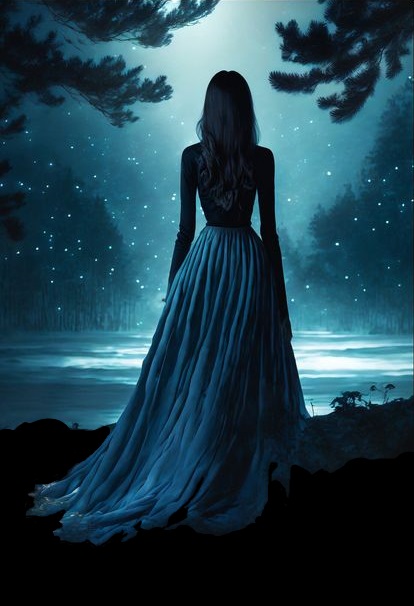
| Author Note: | rules in author notes |
you’re gone
and you left your scent
on your side of our bed

moon rays
squeeze through the blinds
searching for your eyelids

the taste
of your bitter last kiss
holds on to my lips

lonely mockingbird
sings requiem for his dead mate
veiled by blue dusk

I remember
the contour of your face
and the warmth of your embrace

| Author Notes |
- the first senryu came to me in the middle of the night. I woke up and wrote it down. There rest of the suite follow the same theme.
- In my senryu suite I covered all the senses: touch, hearing, sight smell, taste - requiem = sad song; a mass for the dead; a solemn chant for the repose of the dead - Mockingbirds birds sing their tunes day and night. This happens most often when males are searching for mates, but full moons also get these crooners going. - A new moon is dark - All my senryu are 17 syllables or less. SENRYU is a Japanese short unrhymed poem that uses imagistic language to express the essence of a deeply felt moment in time. Unlike Haiku, senryu is about human nature and doesn't need a season word. It's written in 17 syllables OR LESS and three lines. For Senryu you don't need a season word (Kigo). Classical senryu was humorous and sarcastic. With time, it has developed into a loser form with any theme. the haiku foundation senryu rules Thank you for reading and reviewing my poem. Gypsy Pictures from my Pinterest account and all parts of my poems and presentations are copyrighted and registered with Fanstory. |
![]()
By Gypsy Blue Rose
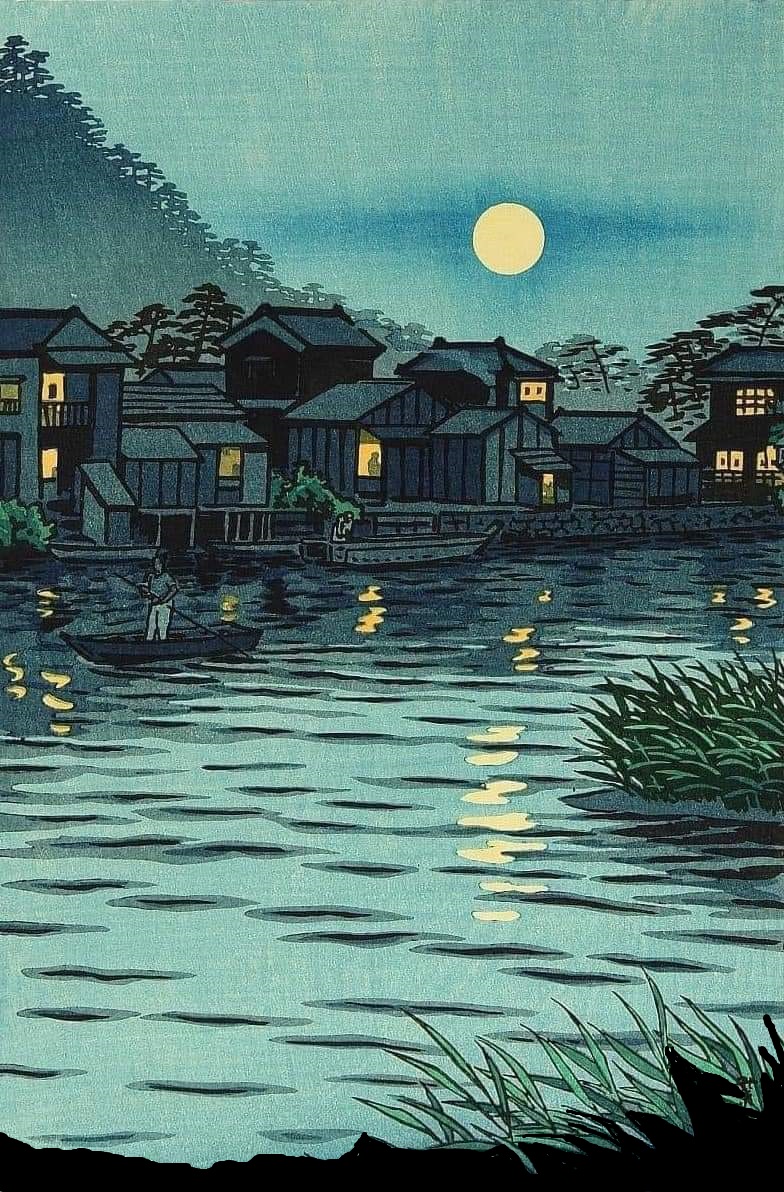
blue dusk
rides the river waves —
holding on to moon shadows

| Author Notes |
HAIKU is a Japanese short unrhymed poem that uses imagistic language to express the essence of a deeply felt moment in time. It resonates on a deeper level, enlightening the reader and making an insightful connection. English Haiku doesn't follow the 5/7/5 form, because Japanese syllables are much shorter. The rule of thumb is to write it as succinctly as possible and 17 syllables or less.
click here to read haiku examples click here to read haiku rules click here to read why is 5/7/5 OR LESS rule click here for season words Thank you for reading and reviewing my poem. Gypsy Painting by Kasamatsu Shiro; all parts of my poems and presentations are copyrighted and registered with fanstory. cat stevens song, "moon shadow", comes to mind but it has no relation to the poem |
![]()
By Gypsy Blue Rose


from the ocean
to the clouds full of rain
that sprinkle over the lake
at the break of day
and in each dewdrop
God’s face

| Author Notes |
Thank you for taking the time to read and review my poem.
Gypsy |
![]()
By Gypsy Blue Rose

I’m the south wind
dancing joyfully on your shores —
and the ocean’s waves
touching your body and soul
which I can't do

in life there are highs
and there are lows—
waves come
and waves go
but you'll always be my true north

| Author Notes |
discovering your "true north" is about following your internal compass. The North Star never moves so is used in navigation to find your way
the bottom tanka came to me last night in a dream Tanka is a Japanese unrhymed poem having about 12 to 31 syllables usually arranged in five lines and read in about two breaths in length when read aloud. The first poets who wrote tanka imitated the Japanese models of a 5-7-5-7-7 syllabic structure in five lines. This resulted in poems that were too long in comparison to Japanese tanka. The first tanka were padded or chopped to meet the fixed number of syllables. Additionally, the third line must transition from the descriptive and image-focused beginning lines into a reflective metaphor, simile, or personification for the closing lines. The subject matter varies, but most tanka are emotionally stirring or profound, and many are about love. click here if you want to read modern tanka examples === click here to read Tanka Society of America === click here if you want to read modern tanka rules Thank you for reading and reviewing my poem. Gypsy Pictures from my Pinterest account. I have complete copyrights of my poems and presentations. Please, do not copy. Registered with Fanstory. |
![]()
By Gypsy Blue Rose

ancient tree
with a thousand rings —
and no bride

| Author Notes |
HAIKU is a Japanese short unrhymed poem that uses imagistic language to express the essence of a deeply felt moment in time. It resonates on a deeper level, enlightening the reader and making an insightful connection. English Haiku doesn't follow the 5/7/5 form, because Japanese syllables are much shorter. The rule of thumb is to write it as succinctly as possible and 17 syllables or less.
click here to read haiku examples click here to read haiku rules click here to read why is 5/7/5 OR LESS rule click here for season words Thank you for reading and reviewing my poem. Gypsy pictures from my Pinterest account Gypsy Blue Rose Copywrite of poems and presentations |
![]()
By Gypsy Blue Rose
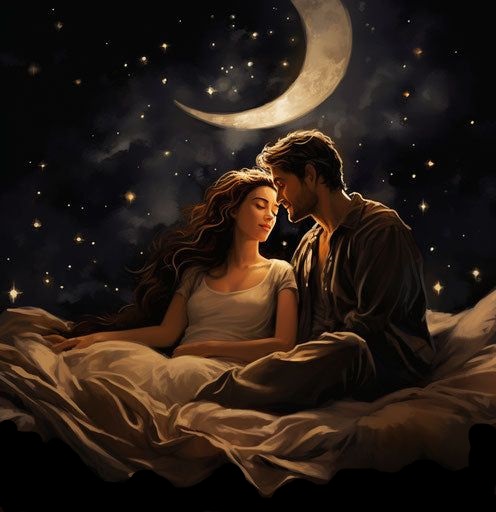
kiss me tonight
by the light of the moon
and a myriad stars—
reflected in your dark blue eyes
full of love and yearning

| Author Notes |
Tanka is a Japanese unrhymed poem having about 12 to 31 syllables usually arranged in five lines and read in about two breaths in length when read aloud. The first poets who wrote tanka imitated the Japanese models of a 5-7-5-7-7 syllabic structure in five lines. This resulted in poems that were too long in comparison to Japanese tanka. The first tanka were padded or chopped to meet the fixed number of syllables. Additionally, the third line must transition from the descriptive and image-focused beginning lines into a reflective metaphor, simile, or personification for the closing lines. The subject matter varies, but most tanka are emotionally stirring or profound, and many are about love. click here if you want to read modern tanka examples === click here to read Tanka Society of America === click here if you want to read modern tanka rules
Thank you for reading and reviewing my poem. Gypsy Pictures from my Pinterest account. I have copyright on all parts of my poems and presentations. Registered with Fanstory. |
![]()
By Gypsy Blue Rose


I have a thing for bards
with long hair, hazel eyes, and a tan

His bedroom eyes are always fixed on me
I'm everything he desires and needs

Gypsy is the muse of his poetic romance
it’s a demanding job but it must be done

Whenever I leave the room
he sighs and looks so sad ... sad ... sad

What will I do with my dreamy bard?
I ask all the ladies, what would you want?

| Author Notes |
A little humor LoL
Thank you for reading and reviewing my poem. Gypsy Pictures from my Pinterest account and all parts of my poems and presentations are copyrighted and registered with Fanstory. |
![]()
By Gypsy Blue Rose
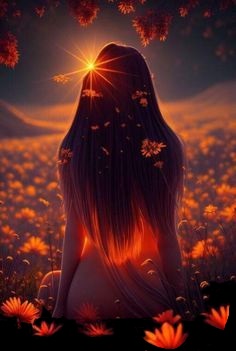
thirsty for your cherry lips
and starving for your love—
I'm bound by an ardent yearning
for your passion and delight
~ I'm your slave and your lord ~





how can I not want you
you’re Venus in a gown of stars —
during long summer nights
I ache for you during sultry eventide
sheets drenched with dreams of you

| Author Notes |
written in lowercase (except proper names) without punctuation
from a man's point of view (I'm guessing) lol you guys can let me know if I'm right Gogyohka is a five-line free-style Japanese poetic form with no strict rules on syllable count but as brief as possible. Any theme. Lines are grammatically connected. Alliteration, personification, and metaphor are okay but never rhyme. Japanese poets have written gogyohka since the 1910s. However, they did not name the form until 1983 by poet Enta Kusakabe. source = writers digest source=wikipedia Thank you for reading and reviewing my poem. Gypsy pictures from my Pinterest account. All parts of my presentations are copyrighted and registered in fanstory. |
![]()
By Gypsy Blue Rose

| Author Note: | Dedicated to Helen, she inspires me and reminded me I am a precious child of God |
I witness the absolute grandeur
of a sunset diving into the horizon
tangled in tangerine and lemon flames
unraveling deeds of the day

I behold the immensity of the sea
continually in motion
dancing unashamedly
like nobody is watching
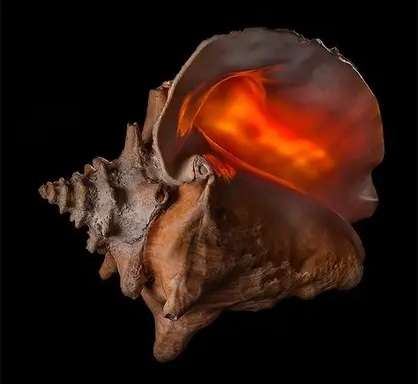
I adore the beauty
of our world
and all the beings large and small
it’s the greatest act of love

I’m grateful for my Father
the ultimate divine artist
we are His work in progress
~ the precious children of God ~

| Author Notes |
"There was a possibility that God really did love me, me Maya Angelou. I suddenly began to cry at the gravity and grandeur of it all. I knew that if God loved me, then I could do wonderful things, I could try great things, learn anything, achieve anything. For what could stand against me, since one person, with God, constitutes the majority." - Maya Angelou, American poet, author, and civil rights activist.
The phrase, "Dance Like Nobody's Watching" is a song by Australian rapper Iggy Azalea and American singer-songwriter Tinashe. Thank you for reading and reviewing my poem Gypsy pictures from my Pinterest account, I use two programs for my graphic art presentations: ImageShack and Windows Paint. Please do not copy my work, I have total copyright and registration. |
![]()
By Gypsy Blue Rose
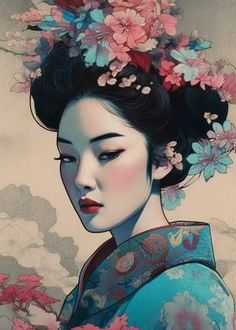
| Author Note: | If You Would Like To Join the Japanese Poetry Club, please check my author notes |




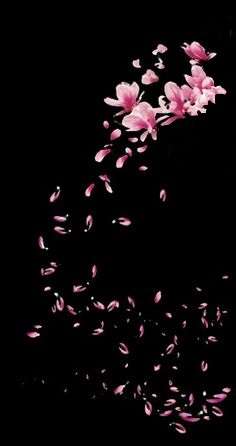
| Author Notes |
CHOKA-It's a Japanese court poetic form of the 6th to 14th century consisting of nine-lines in a 5/7/5/7/5/7/5/7/7 syllables pattern and may be repeated.
Start your choka with a couplet that introduces your theme or sets the tone for your poem. This can be a concise statement or an image that captures the essence of your topic. Next, you develop your poem by expanding on the initial couplet. Each subsequent couplet should build upon the previous one, forming a thematic progression. You can explore different aspects, emotions, or perspectives related to your chosen theme. for examples and more information click here for examples and more information click here Thank you for reading and reviewing my poem. If you want to join the Japanese Poetry Club, click here to join club Thank you very much for taking the time to read and review my poem. Gypsy "The poet waits quietly to paint the unsaid." Atticus I use two programs for my presentations. I have copyright for all my graphic art and poems. Pictures from my Pinterest account. |
![]()
By Gypsy Blue Rose
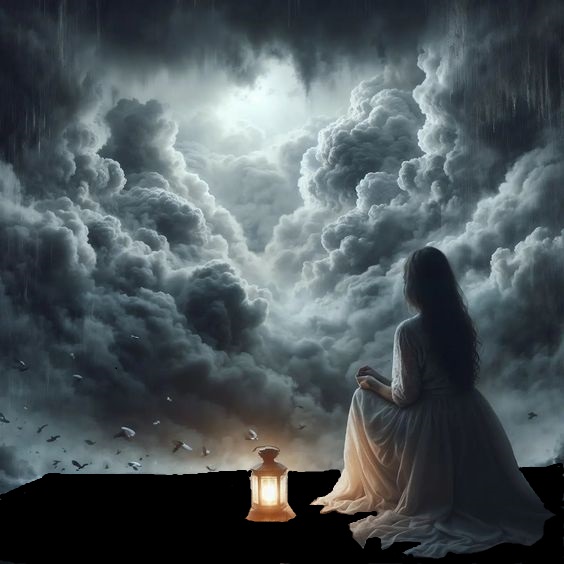
Gazing at the furious eye of the storm
I think of our tumultuous love
rocked with raging lightning and thunder
I ache with longing.
I pray for a clear blue sky
and calm waves to lull my soul.

| Author Notes |
SIJO poem is a traditional Korean poetic form related to haiku and tanka. Sijo is comprised of 44-46 syllables. Themes can be romantic, metaphysical, reflection, or spiritual. Originally it was written in four lines but it√??√?¬¢??s okay to write it in more. FIRST STANZA IS THEME: 3,4,4,4; SECOND STANZA IS ELABORATION: 3,4,4,4; THIRD STANZA IS COUNTER THEME: 3,5.; FOURTH STANZA IS COMPLETION: 4,3
Thank you very much for taking the time to read and review my poem. Gypsy "The poet waits quietly to paint the unsaid." Atticus I use two programs for my graphic art presentations. I have the copyright and registration. |
![]()
By Gypsy Blue Rose
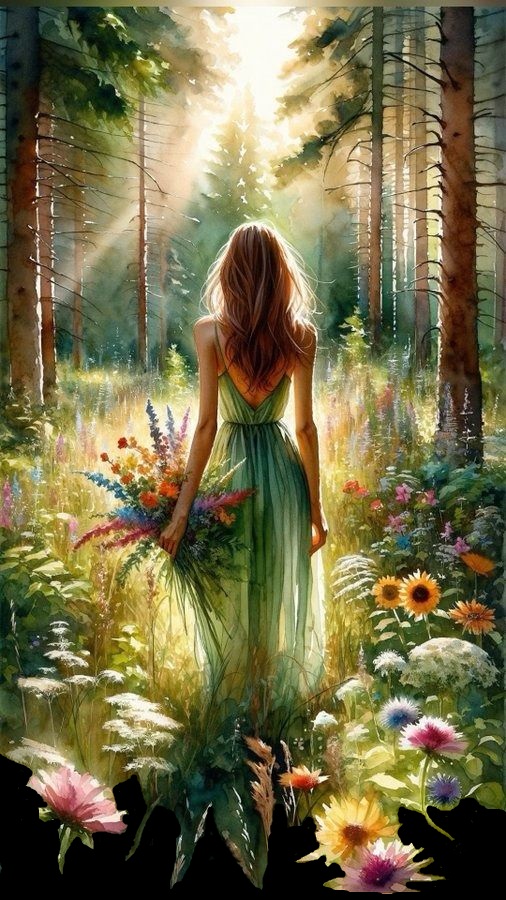

| Author Notes |
Free Verse doesn't have any rules but it should flow well
HAIKU is a Japanese short unrhymed poem that uses imagistic language to express the essence of a deeply felt moment. It resonates on a deeper level, enlightening the reader and making an insightful connection. English Haiku doesn't follow the 5/7/5 form, because Japanese syllables are much shorter. The rule of thumb is to write it as succinctly as possible and 17 syllables or less. click here to read haiku examples click here to read haiku rules click here to read why is 5/7/5 OR LESS rule click here for season words Thank you for reading and reviewing my poem. Gypsy pictures from my Pinterest account Gypsy Blue Rose copywrites for poems and presentations, and they are registered with FanStory |
![]()
By Gypsy Blue Rose
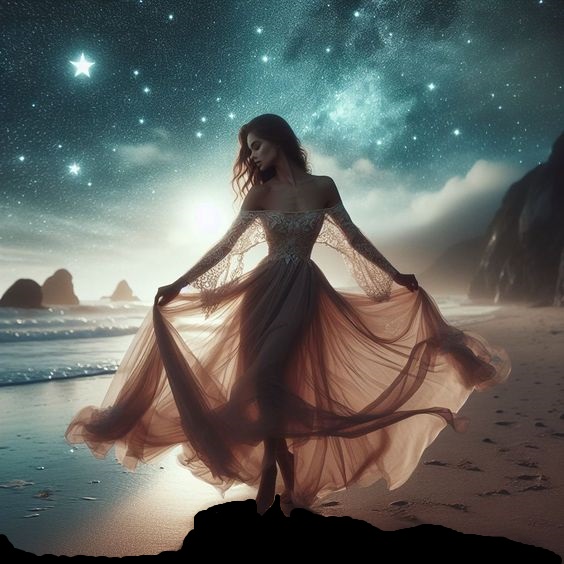
winds whisper your name
and gently caress my face
they carry memories on their wings
of the last time we met
tides played touch-and-go
as I stood on tippy toes
to kiss your lips
I look towards the horizon
waiting to see your sailboat
approaching the shore
the blue moon covers the sea
with emerald rhinestones
and veils of sapphire wishing stars
saltmarsh sparrows sing
perched on dancing reeds
calling their mates
my heart aches with yearning
drowning in melancholic loneliness
~ missing you ~

| Author Notes |
Free Verse, minimum punctuation, lowercase
Thank you for taking the time to read and review my poem. Gypsy Pictures from my Pinterest account. Poem and presentation by Gypsy Blue Rose COPYWRITE@2024 |
![]()
By Gypsy Blue Rose



| Author Notes |
Entry for the Jisei event in the Haiku Club. If you want to join, click on the link below. Everyone is welcome.
JISEI GOGYOHKA POEM (death poem) is a genre of Japanese poetry that offers a reflection on death coupled with a meaningful observation on life. It originated in Zen Buddhism The poem's structure varies from haiku to tanka or gogyohka. Death poems are typically graceful, natural, and emotionally neutral. Death is described as the imminent death of the poet OR metaphorically references such as sunsets, twilight, autumn, barren fields, falling leaves, bared trees, etc ... to suggest the transience of life. Gogyohka is a five-line Japanese poetic form with no strict rules on syllable count but as brief as possible. click here jisei information click here for more information about gogyohka Thank you for reading and reviewing my poem. Gypsy Pictures from my Pinterest account. Poem and presentation by Gypsy Blue Rose COPYWRITE@2024 |
![]()
By Gypsy Blue Rose
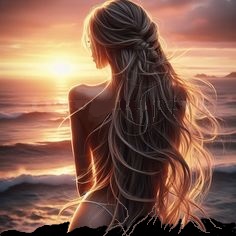

| Author Notes |
Inspired by Spanish Poet, Federico Garcia Lorca.
SENRYU is a Japanese short unrhymed poem that uses imagistic language to express the essence of a deeply felt moment in time. Unlike Haiku, senryu is about human nature and doesn't need a season word. It's written in 17 syllables OR LESS and three lines. For Senryu you don't need a season word (Kigo). Classical senryu was humorous and sarcastic. With time, it has developed into a loser form with any theme. the haiku foundation senryu rules Thank you for reading and reviewing my poem. Gypsy Pictures from my Pinterest account. Poem and presentation by Gypsy Blue Rose COPYWRITE@2024 |
![]()
By Gypsy Blue Rose


nobody loves me better
I'm a rushing river
flowing to the sea
'neath a moon and sun
rising from darkness
midst tangerine skys

nobody loves me better
I'm the full moon’s
high and low tides
dancing with the sea
as waves crash

nobody loves me better
I'm blades of reed
swaying in the wind
by the muddy marsh
where a wounded crane wades
knee-deep in grief
with a broken heart


| Author Notes |
Free Verse, lower caps, no punctuation
Thank you very much for your review Gypsy graphic art by Gypsy using - pinterest, windows paint, and image shack |
![]()
By Gypsy Blue Rose
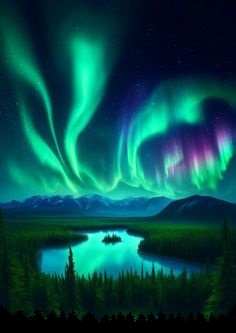
| Author Note: | fictional |
Nocturnal grave
awakens at dusk
covered with a veil of stars.
Tangled in the aurora borealis
with a soul full of celestial lights
that won’t reflect in your vacuous eyes.
At dawn, I’ll watch sparrows
guarding nests on the bough
because life goes on.
What will I do without you?
In these pastoral valleys
and rolling hills throughout the land.
I lost you
and nothing can bring you back.
Our love dies in the dark.

| Author Notes |
"Place me like a seal over your heart, like a seal on your arm; for love is as strong as death, its jealousy unyielding as the grave. It burns like blazing fire, like a mighty flame." - Song of Solomon 8:6
Vacuous = emptied of or lacking content Thank you for taking the time to read and review my poem. Gypsy Pictures from my Pinterest account. Poem and Graphic Art by Gypsy Blue Rose @copywrite2024 |
![]()
By Gypsy Blue Rose


| Author Notes |
Gogyohka is a five-line Japanese poetic form with no strict rules on syllable count but as brief as possible. You may use any theme. Lines are grammatically connected. Alliteration, personification, and metaphor are okay. It usually doesn't rhyme, but natural not forced rhymes are okay. Japanese poets have written gogyohka since the 1910s. However, they did not name the form until 1983 by poet Enta Kusakabe.
source = writers digest source=wikipedia Thank you for reading and reviewing my poem. Gypsy Pictures from my Pinterest account. Poem and presentation by Gypsy Blue Rose COPYWRITE@2024 |
![]()
By Gypsy Blue Rose
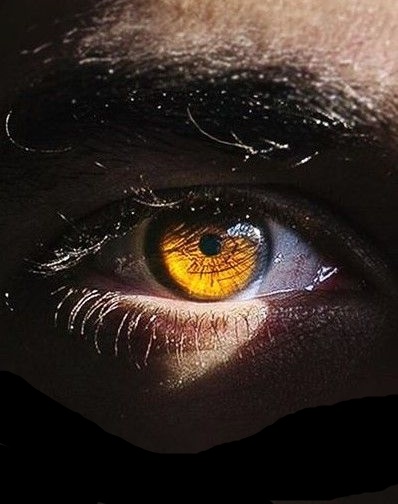

| Author Notes |
Thank you very much for reading and reviewing my poem.
Gypsy Pictures from my Pinterest account. Poems and presentations by Gypsy Blue Rose @copyright2024 |
![]()
By Gypsy Blue Rose

I want you to know
every night when I’m alone
I’m the one holding your hands
in the dark
between lightning bolts

at eventide
when dusk tucks in the land
and the storm rages outside
playing with melancholic leaves
tossing them aimlessly

I want you to know
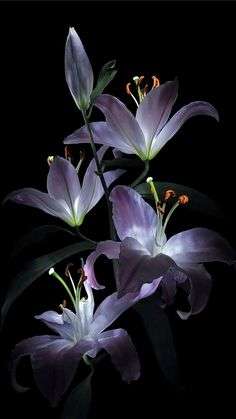
| Author Notes |
Thank you for reading and reviewing my poem.
Gypsy I get a lot of questions about my presentations. I create them using two graphic art programs. I don't use a template, there is no template for what I do. I put a lot of time and effort into creating my presentations but I love it. Pictures from my Pinterest account. Poem and presentation created by Gypsy Blue Rose COPYWRITE@2024 |
![]()
By Gypsy Blue Rose
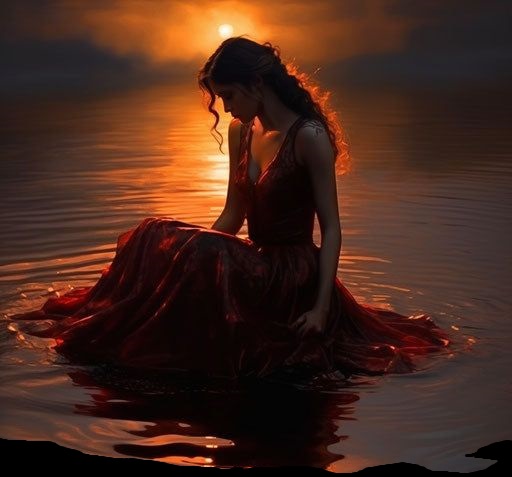
| Author Note: | meaning of the poem in author notes |
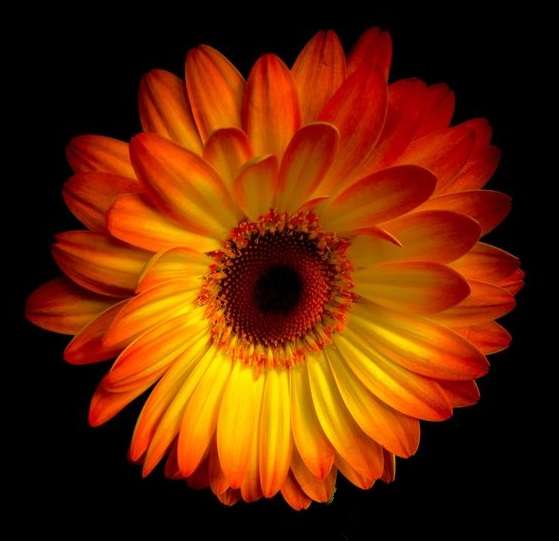

| Author Notes |
A female bird is also called a hen.
The river Styx is the boundary between the world of the living and the world of the dead Poem's basic meaning : This poem uses a lot of metaphor and nature's personification. The theme is loss and grief- such as the seemingly sad hen with an empty nest, and the cold body resting on the other side of the River Tyxt. I am inspired by Spanish and Chilean poets. We have the same poetic style. Gogyohka is a five-line Japanese poetic form with no strict rules on syllable count but as brief as possible. You may use any theme. Lines are grammatically connected. Alliteration, personification, and metaphor are okay. It usually doesn't rhyme, but natural not forced rhymes are okay. Japanese poets have written gogyohka since the 1910s. However, they did not name the form until 1983 by poet Enta Kusakabe. source = writers digest source=wikipedia Thank you for reading and reviewing my poem. Gypsy Pictures from my Pinterest account. I don't use a presentation template, the complete presentation and poem created by Gypsy Blue Rose COPYRIGHT@2024 |
![]()
By Gypsy Blue Rose
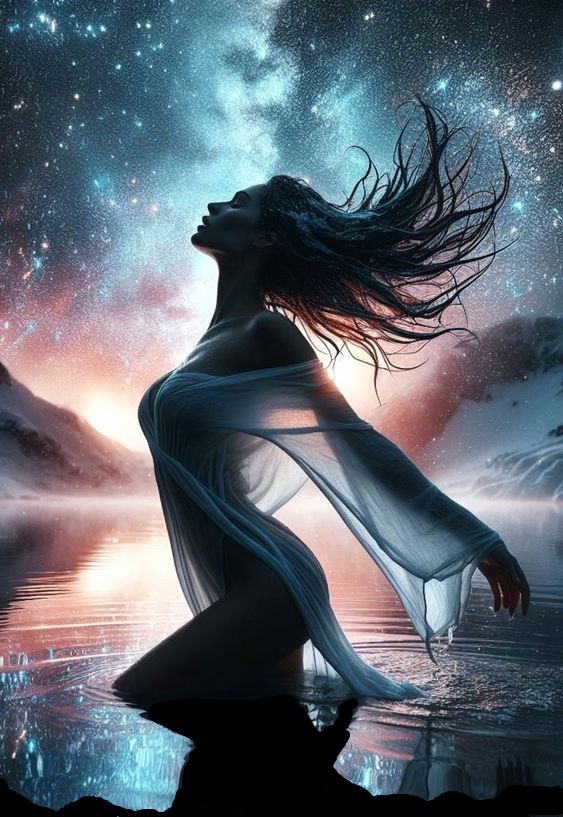
I feel your touch
when the gusty summer breeze
caresses me

I'm rocked gently
by trees swaying in the wind
amidst dewy reeds

undress me
with your blue starry eyes
disrobing my translucent gown

embrace me at night
when the tide comes and goes
with moody waves

I feel your touch
day and night
by land or by sea

| Author Notes |
SENRYU is a Japanese short unrhymed poem that uses imagistic language to express the essence of a deeply felt moment in time. Unlike Haiku, senryu is about human nature and doesn't need a season word. It's written in 17 syllables OR LESS and three lines. For Senryu you don't need a season word (Kigo).
the haiku foundation senryu rules Thank you for reading and reviewing my poem. Gypsy Pictures from my Pinterest account. I don't use a presentation template, the complete presentation and poem created by Gypsy Blue Rose COPYRIGHT@2024 |
![]()
By Gypsy Blue Rose

let me love you
the way I can
with an open heart
I’ll ask the wind
to carry my longing
on its wings
and the sun
will warm my hands
to caress your skin
the rushing river
will cleanse my intent
may my aim be pure
at night
I will wait for your return
with the silver moon
the bright stars
in your eyes
will guide my way
I’ll meet you halfway
where the golden fields
dance and wave
and if the storm comes
I’ll be your little thunder
with yearning rumblings
when you arrive
you may place your hand
over my heart
know that every beat
starts and stops for you
with pumping life
you created me
with the gentle hands of love
for you are who you are

| Author Notes |
"I am who I am" - Exodus 3:13 - 3:14
Inspired by "the Songs of Solomon" and "the Book of Longings" by Sue Monk Kidd Thank you for reading and reviewing my poem. Gypsy Pictures from my Pinterest account. Poems and presentations by Gypsy Blue Rose @copyright2024 |
![]()
By Gypsy Blue Rose

| Author Note: | Gothic Love Tragedy Poem |


| Author Notes |
Free verse with some scattered near rhymes.
"Because I could not stop for Death He kindly stopped for me The Carriage held but just Ourselves And Immortality." - 'Because I Could Not Stop for Death' - by Emily Dickinson Thank you for reading and reviewing my poem. Gypsy Pictures from my Pinterest account. Poems and presentations by Gypsy Blue Rose @copyright2024 |
![]()
By Gypsy Blue Rose
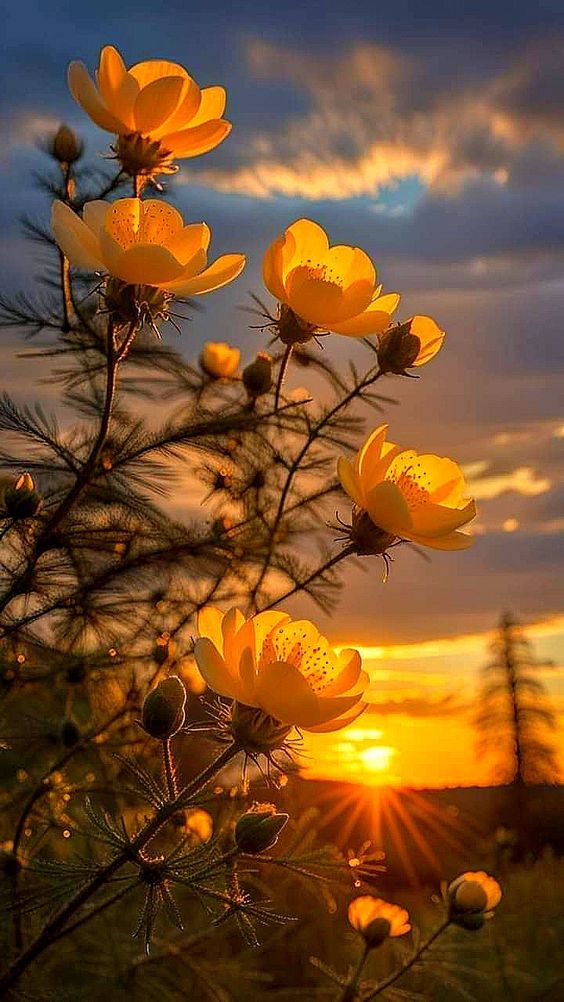



honey morning sky
made for lovers and cloud gazers
painted in vibrant colors
with a celestial brush
♦
I fall in love with you every dawn

summer breezes sigh
whispering and whooshing
bearing gifts of butterfly kisses
and ringing bluebells
♦
I fall in love with you every noon

brooks gently babble a lullaby
tell wondrous tales by the riverbank
reluctant to reach the sea
♦
I fall in love with you every night

| Author Notes |
Thank you for reading and reviewing my poem.
Gypsy Pictures from my Pinterest account. Poems and presentations by Gypsy Blue Rose @copyright2024 |
![]()
By Gypsy Blue Rose
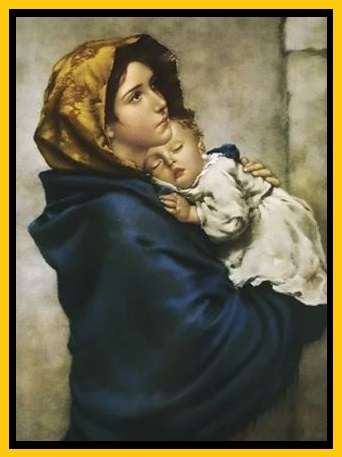
| Author Note: | For my sister, Mari Angeles, may she rest in peace |
Sleep little Angel
don’t you cry,
your paper boat waits ashore
with singing skylarks.
Sleep wrapped
in the long dark night
amidst a mantle of stars.
Sleep at dawn, sleep!
On your paper boat.
Little by little will disappear
at the end of the world.
Your paper boat is filled
with love, hopes, and dreams.
I’ll wait with God’s Angels
at my side of the shore.

| Author Notes |
My little sister, Mari Angeles (Mary of Angels), died at 3 years old before I was born. My mother suffered from Depression for years after. She prayed for another baby with blue eyes and her prayers were answered, I have blue eyes. I never met her. I heard stories of my sister about how sweet and beautiful she was. I saw pictures and it was true.
Skylark birds are known for their beautiful songs The top painting is the "Madonna of the Streets" by Roberto Ferruzzi, 15th century Thank you for reading and reviewing my poem. Gypsy Pictures from my Pinterest account. Poems and presentations by Gypsy Blue Rose @copyright2024 |
![]()
By Gypsy Blue Rose

| Author Note: | for Dean Kuch, RIP |
E n s n a r e d I n T h o r n s
of P o e’s nightmares
I’m caught in the barren fields
of his Woeful and Dark tales
as the R a v e n mocks our minds

| Author Notes |
Inspired by Patrick Bernardy's post, "Poe's Daughter" click here if you want to read it
I dedicated this post to Dean Kuch, RIP, because he loved horror and Edgar Allan Poe as much as I do. He was inspired by Poe's writing style. The Raven is a poem by 19th-century American poet Edgar Allan Poe. When the poem was first published in 1845, Poe likely had no idea it would become a spooky American classic over a hundred years after his death. His poetry wasn't popular during his lifetime, but "The Raven" was among the few of Poe's poems to attract the attention of his contemporaries and future poetry lovers. Gogyohka is a five-line Japanese poetic form with no strict rules on syllable count but as brief as possible. You may use any theme. Lines are grammatically connected. Alliteration, personification, and metaphor are okay. It usually doesn't rhyme, but natural not forced rhymes are okay. Japanese poets have written gogyohka since the 1910s. However, they did not name the form until 1983 by poet Enta Kusakabe. source = writers digest source=wikipedia Thank you for reading and reviewing my poem. Gypsy Pictures from my Pinterest account. The complete presentation and poem created by Gypsy Blue Rose COPYRIGHT@2024 |
![]()
By Gypsy Blue Rose
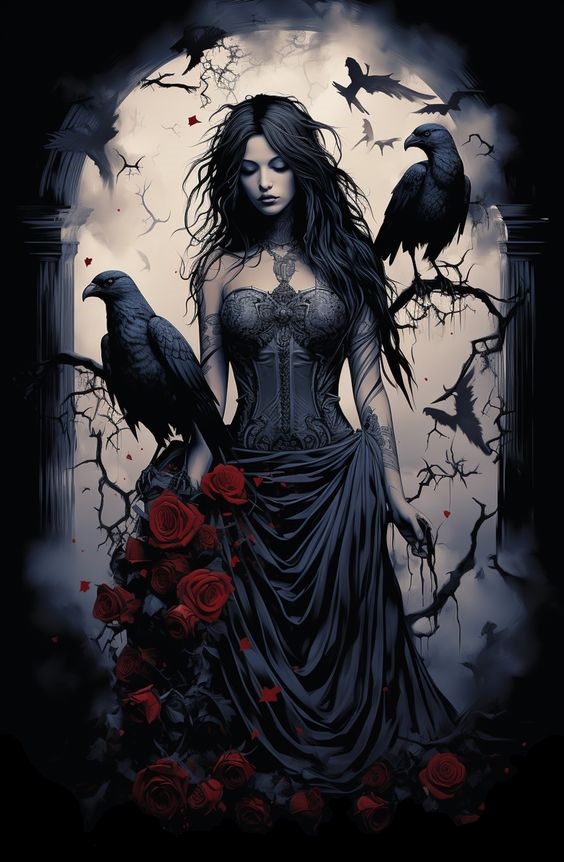
| Author Note: | getting into the Halloween spirit |
t a n g l e d u p
in raven hair and starless sky —
his only beacon
are her woeful tears
and dark midnight scent

| Author Notes |
tangled up
in raven hair and starless sky- his only beacon are her woeful tears and dark midnight scent Tanka is a Japanese unrhymed poem with 31 syllables arranged in five lines; English tanka is 31 syllables or LESS because Japanese and English syllables are different. Tanka originated in the 6th century at the Japanese Imperial Court where lovers exchanged tanka poems for each other after a night of passionate lovemaking. With contemporary tanka the topic varies. Usually, the third line transitions from the descriptive and image-focused beginning lines into a reflective metaphor, simile, or personification for the closing lines. The subject matter varies, but most tanka are emotionally stirring or profound, and many are about love. click here if you want to read modern tanka examples === click here to read Tanka Society of America === click here if you want to read modern tanka rules Thank you very much for your time and kind review. Gypsy Pictures from my Pinterest account. I don't use a presentation template, the complete presentation and poem created by Gypsy Blue Rose COPYRIGHT@2024 |
![]()
By Gypsy Blue Rose
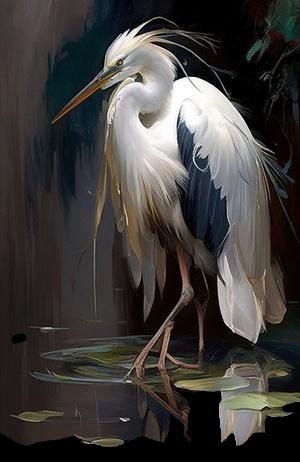
graceful white heron
wades through the tranquil lagoon —
in deep reflection

| Author Notes |
The most common meanings associated with the white heron are tranquility and grace
Thank you for reading and reviewing my poem. Gypsy Art Print: White Heron by Vivienne Dupont. Pictures from my Pinterest account. The complete presentation and poem created by Gypsy Blue Rose COPYRIGHT@2024 |
![]()
By Gypsy Blue Rose
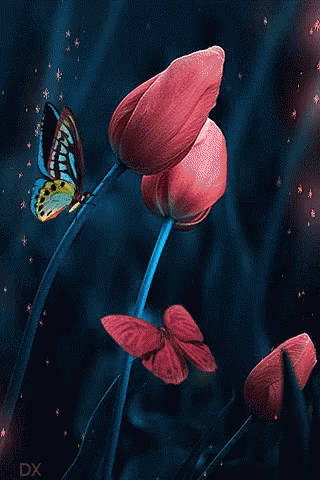

fearful butterfly
hides in its cocoon
missing an extraordinary chance
to fly

| Author Notes |
Naani is one of India's most popular Telugu poems. Naani means an expression of one and all. It consists of 4 lines and the total lines consist of 20 to 25 syllables. The poem is not bound to a particular subject. Generally, it depends upon human relations and current statements. This poetry was introduced by one of the renowned Telugu poets Dr. N.Gopi, presently working as vice-chancellor to Telugu University, Andhra Pradesh.
for more informationclick here Thank you for reading and reviewing my poem. Gypsy Pictures from my Pinterest account. Poems and presentations by Gypsy Blue Rose @copyright2024 |
![]()
By Gypsy Blue Rose


"To the world, you are one person, but to one person you are the world" — by Dr. Seuss
.
.
I miss your kind words
and the way you review.
.
There are only a few
who review like you do.
.
You know what I mean,
what I think,
what I feel
there's no secret
to reveal.
.
.
I don’t need your sixes,
fancy words,
or fanstory cash
all I need is my pal.
For me,
you are more than enough.

| Author Notes |
Mostly free verse with some scattered rhymes.
Quote Poem rules: find a quote of your choice and then write a poem inspired by that quote. Write the quote and the poem together on the posting page. Include the name of the quote's author. Thank you very much for your time and kind review. Gypsy Pictures from my Pinterest account. The complete presentation and poem created by Gypsy Blue Rose (c) COPYRIGHT@2024 |
![]()
By Gypsy Blue Rose

| Author Note: | FanStory Registered (c) Gypsy Blue Rose copyright2024 |
touch me
at the edge of night
when the moon starts to fade
and stardust scatters
over the break of dawn
touch me
where waves tickle my toes
as the flooding tides roll
over my footprints on shore
and ebb tides take them and go

| Author Notes |
Tanka is a Japanese unrhymed poem with 31 syllables arranged in five lines; English tanka is 31 syllables or LESS because Japanese and English syllables are different. Tanka originated in the 6th century at the Japanese Imperial Court where lovers exchanged tanka poems for each other after a night of passionate lovemaking. With contemporary tanka the topic varies.
Thank you very much for your time and kind review. Gypsy Pictures from my Pinterest account. Poems and presentations (c) Gypsy Blue Rose @copyright2024 |
![]()
By Gypsy Blue Rose

| Author Note: | Gypsy Blue Rose (c) poem and presentation @copyright 2024 |








The one who praises
Hitler, Putin, Kim Jong Un
receives their love letters and cash,
he wants their kind of generals
and proclaims to be
a dictator on day one.

Are you ready to hand over
our children’s laws and land?
Swallowing his lies?
Then kneel to your new god
and kiss his $1,000 bible
with his name on top.

| Author Notes |
"A Republic, if you can keep it"- Benjamin Franklin At the close of the Constitutional Convention of 1787
I grew up in Spain, when the Dictator, Francisco Franco was in power. He reigned for 40 years, from 1935 until the day he died in 1975. We didn't have elections or freedom. One of the reasons I left Spain was to live in America, the land of the free. I am an American citizen. Many of us take our freedom and democracy for granted but we need to know that it's very fragile. Now, our country is facing a chance to loose our Democracy. Please vote as if your life depended on it, because it does. The Trump bible costs $60 dollars and the special edition $1,000 Thank you for taking the time to read and review my poem. Gypsy Pictures from my Pinterest account. Poems and presentations created by (c) Gypsy Blue Rose @copyright2024 |
![]()
By Gypsy Blue Rose

| Author Note: | poems and presentation by Gypsy Blue Rose (c) copyright 10/29/24 |
between the way you love me
and the way I love you
the stars and flowers tremble
♦♦♦
our longing flourishes
on fertile green pastures
while the river-reeds
play music with the summer wind
♦♦♦
drink deep
from my river of yearning
amid the thresh of rivery lands
come taste my sweet cherry lips
and soft peachy skin

| Author Notes |
Inspired by Spanish poet, Federico Garca Lorca.
Thank you for reading and reviewing my poem. Gypsy Pictures from my Pinterest account. The complete presentation and poem created by Gypsy Blue Rose (c) copyright 10/29/24 |
![]()
By Gypsy Blue Rose

| Author Note: | poem and presentation by Gypsy Blue Rose (c) copyright@ 10/30/24 |
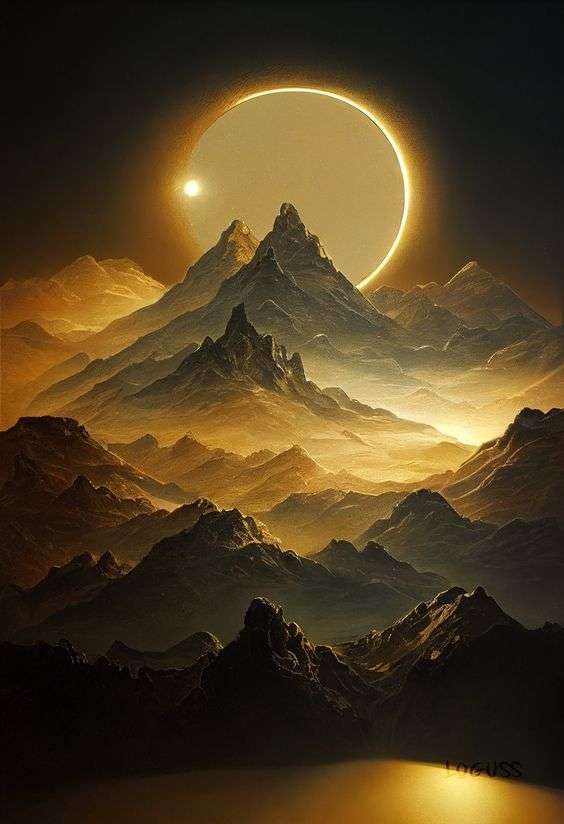
| Author Notes |
Thank you for reading and reviewing my poem.
Gypsy Pictures from my Pinterest account. The complete presentation and poem by Gypsy Blue Rose (c) copyright @10/30/24 |
![]()
By Gypsy Blue Rose
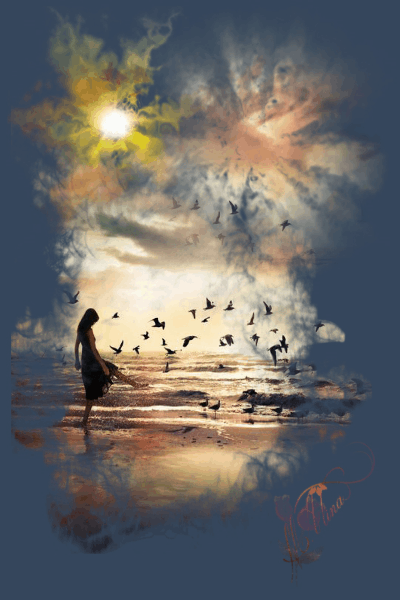
| Author Note: | HAPPY BIRTHDAY HELEN!!!! (Lyenochka) |

today God caresses your face
with the gentle touch of the breeze
as you sit with Him by the river’s edge
watching clouds drift afloat the water
— because it’s your birthday —

your worries wash ashore
where He picks them up
and blows them in the wind
like wishing seeds
— because it’s your birthday —

how can I express how much I love you
maybe I will write you a poem or two
inspired by your loving ways
I'm thinking about you
— because it’s your birthday —

| Author Notes |
For my best friend, Helen (Lyenochka), who everyday teaches me what true Christian love is. If you ask her, she will tell you she doesn't have a one day birthday, she has a month birthday. LoL She can tell you why.
"4 Love is patient, love is kind. It does not envy, it does not boast, it is not proud. 5 It does not dishonor others, it is not self-seeking, it is not easily angered, it keeps no record of wrongs. 6 Love does not delight in evil but rejoices with the truth. 7 It always protects, always trusts, always hopes, always perseveres." - Corinthians 13:4-7 Gogyohka is a five-line Japanese poetic form with no strict rules on syllable count but as brief as possible. You may use any theme. Lines are grammatically connected. Alliteration, personification, and metaphor are okay. It usually doesn't rhyme, but natural not forced rhymes are okay. Japanese poets have written gogyohka since the 1910s. However, they did not name the form until 1983 by poet Enta Kusakabe. source = writers digest source=wikipedia Thank you for reading and reviewing my poem. Gypsy Pictures from my Pinterest account. Bottom picture by Cypher Aiarts. The complete presentation and poem created by Gypsy Blue Rose (c) copyright@11/8/24 |
![]()
By Gypsy Blue Rose
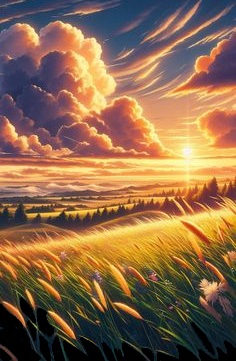
| Author Note: | Presentation and Poem by Gypsy Blue Rose (c) copyright @11/14/24 |
dawn cries dewdrops
because the moon is gone
and I feel its grief —
as it dreams of distant stars
adorned with sapphire rings
.
the gray dawn carries
nostalgic morning mist
and transient clouds —
that say goodbye and hide
behind daylight

| Author Notes |
Tanka is a Japanese unrhymed poem with 31 syllables arranged in five lines; English tanka is 31 syllables or LESS because Japanese and English syllables are different. Tanka originated in the 6th century at the Japanese Imperial Court where lovers exchanged tanka poems for each other after a night of passionate lovemaking. With contemporary tanka the topic varies.
click here if you want to read modern tanka examples click here if you want to read modern tanka rules Thank you very much for your time and kind review. Gypsy Pictures from my Pinterest account. The presentation and poem created by Gypsy Blue Rose (c) copyright |
![]()
By Gypsy Blue Rose

| Author Note: | Poem and Presentation by Gypsy Blue Rose (c) copyright 11/20/24 |
I wonder if you still remember me
when the tide touches your feet
half buried in sand and seaweeds
.
or when you leisurely stroll
along the beachside beyond the reeds
do you hear my longing sighs?
.
I wonder if we share Venus from afar
at midnight and noon
veiled by a sun and brilliant stars.
.
Does the warm wind caress your face
surfing the southwestern Pacific Ocean
with a lover’s touch?
.
I wonder ....

| Author Notes |
Fictional For my faraway crush, Dan Carter. He is a retired New Zealand rugby union player ... very handsome lol
Free verse Thank you for reading and reviewing my poem. Gypsy Pictures from my Pinterest account. The poem and presentation by Gypsy Blue Rose (c) copyright 11/20/24 |
|
You've read it - now go back to FanStory.com to comment on each chapter and show your thanks to the author! |
![]()
| © Copyright 2015 Gypsy Blue Rose All rights reserved. Gypsy Blue Rose has granted FanStory.com, its affiliates and its syndicates non-exclusive rights to display this work. |
© 2015 FanStory.com, Inc. All Rights Reserved. Terms under which this service is provided to you. Privacy Statement